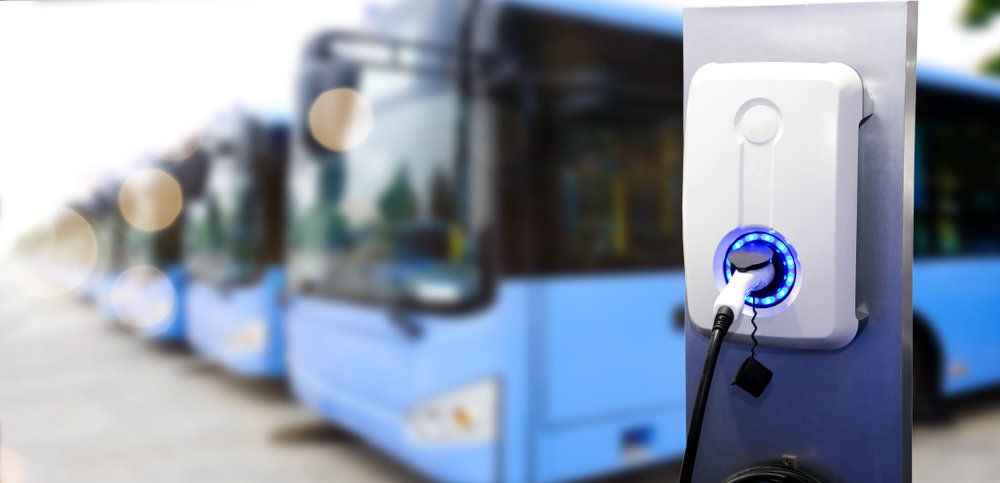BigPixel Photo/Shutterstock.com Often noted for its chaotic, traffic-clogged streets, downtown Nairobi is the scene of several pioneering experiments in electrified public transport. Starting in February, Nairobi-based electric vehicle (EV) and finance company BasiGo will pilot-test two electric buses with public transport providers, offering a model for how Kenya can move towards an electrified and sustainable transport future.
The e-mobility startup, which launched in November last year, plans to bring over 1,000 electric buses with 25 and 36 seat capacities to Kenya for purchase by bus operators over the next five years.
The buses are being sourced from BYD Auto, the largest manufacturer of electric buses globally, and although the pilot buses were imported fully-built, the eventual goal is for BasiGo buses to be locally assembled.
“We have partnered with two different public service vehicle operators in Nairobi for our pilot programme,” says Jit Bhattacharya, CEO and co-founder of BasiGo.
“Following our pilot, we will offer electric buses to all owners, savings and credit co-operatives and companies currently operating city buses in Kenya. Up until now, diesel buses have been the only technology option for bus operators in Nairobi. We want to help all PSV operators realise the economic and reliability benefits of electric buses.”
BasiGo has so far raised around $1m in pre-seed funding, which it will deploy to prove the viability of the electric bus model.
“In parallel to the launch of our pilot, we will also take reservations for our first electric bus sales exclusively for operators in Nairobi. These buses will be delivered to customers by the end of the year,” Bhattacharya adds. Unclogging Africa’s cities
Ian Lewis • 8 min. read Greater affordability
BasiGo says bus owners can purchase an electric bus for the same upfront cost as an equivalent size diesel bus. They also intend to improve affordability through a financing model that allows operators to pay for the battery and charging separately through a “pay-as-you-go” financing arrangement.
“Bus owners will then pay BasiGo a ‘pay-as-you-drive’ subscription based on the kilometres driven each day. This subscription covers all charging and maintenance at BasiGo depots as well as a lease of the e-bus battery,” says Bhattacharya.
The buses are designed to drive 250km on a single charge to allow them to operate all day without having to recharge. Operators will return the e-bus to a BasiGo-owned and operated charging depot every night where they will also receive maintenance.The company says it chose […]
